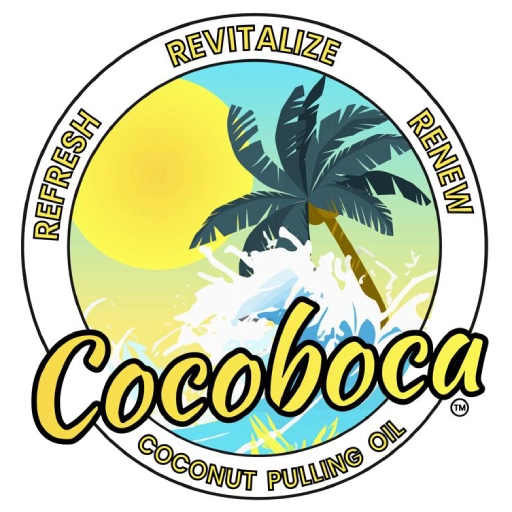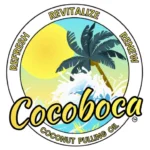Why Cocoboca
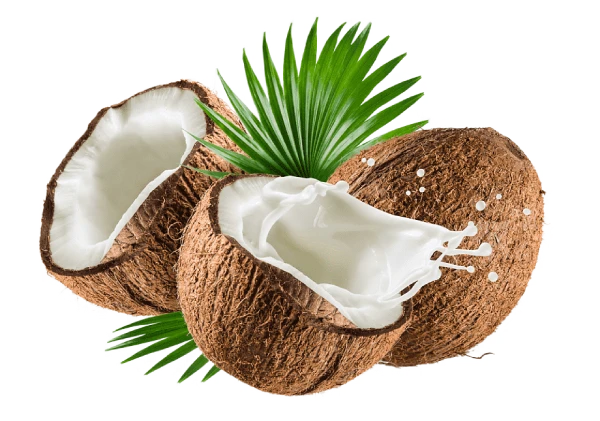
Mission Statement
At Cocoboca, our mission is to empower individuals to embrace a natural approach to oral health. We are committed to providing high-quality, sustainable, and effective oral care solutions that enhance overall well-being. By harnessing the purity of nature and the wisdom of Ayurveda, we strive to deliver products that not only care for your mouth but also support a healthier planet. Our dedication lies in fostering wellness, environmental responsibility, and community trust through every jar of Cocoboca we produce.
Why We Use UnRefined Virgin Coconut Oil
Unrefined Virgin Coconut Oil:
- Whole Composition:Unrefined, or virgin, coconut oil is extracted from fresh coconut meat using natural methods such as cold-pressing. This process ensures that the oil retains all its natural antioxidants and the full spectrum of medium-chain fatty acids, including a high content of lauric acid, which comprises about 50% of its fatty acids.
- Health Benefits: Lauric acid is highly valued for its antimicrobial properties, which are effective in killing bacteria, viruses, and fungi. This makes unrefined coconut oil a potent ally in boosting immune health, supporting metabolism, and maintaining oral hygiene by reducing harmful bacteria in the mouth.
- Natural Flavor and Aroma: It retains the distinct, tropical aroma and flavor of coconuts, enhancing the sensory experience of using the oil in cooking or as a health supplement.
- Boosts Metabolism: The medium-chain triglycerides (MCTs) in unrefined coconut oil can help boost metabolism and increase energy levels, supporting weight management and energy expenditure.
Fractionated Coconut Oil:
- Altered Composition: Fractionated coconut oil is a processed form of the oil where most of the long-chain fatty acids are removed and then mixed with different oil. What remains are mainly medium-chain triglycerides (MCTs), primarily caprylic and capric acids, with the crucial lauric acid almost entirely absent.
- Diluted Quality: Often, fractionated coconut oil is further diluted with other oils to maintain a consistent liquid form, which may compromise its purity and reduce the potential health benefits associated with the natural variety.
- Reduced Health Benefits: Without lauric acid, fractionated coconut oil lacks the antimicrobial and antifungal properties that make virgin coconut oil so beneficial. This makes it less effective in supporting immune health, combating pathogens, or providing comprehensive benefits for oral health.
- Lacks Natural Essence: Fractionated oil is odorless and tasteless, stripped of the natural aroma and flavor of coconut, which diminishes the natural experience.
Why We Use Glass Jars and Not Plastic Bottles
Regulatory agencies like the U.S. Food and Drug Administration (FDA) set standards for plastic materials that are intended to come into contact with food. These standards are designed to ensure that any leaching does not occur at levels considered harmful to health. However, no plastic material can be guaranteed never to leach under any conditions only minimized.
Glass Jar
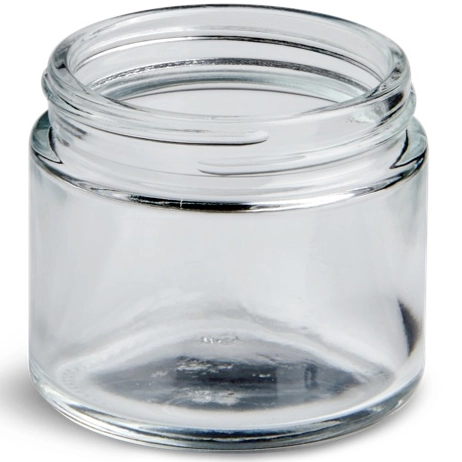
Plastic Jar
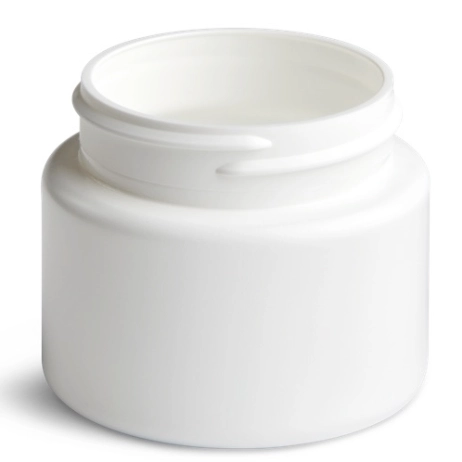
Health Benefits of Using Glass Bottles
- Chemical-Free Storage: Glass is a chemically inert material that does not leach chemicals into its contents. This ensures that the coconut oil remains pure and unaltered, preserving both its natural flavor and health benefits without contamination.
- Preservation of Purity: Unlike plastic, glass does not interact with the coconut oil it holds, which means that the product’s integrity and potency are maintained. This is particularly important for preserving the effectiveness of Cocoboca’s essential oils, like peppermint and clove, which are sensitive to chemical reactions
- Temperature Stability: Glass has excellent thermal resistance properties, which means it does not warp or degrade under extreme temperatures. This stability ensures that the contents within, like Cocoboca's coconut oil, are not subjected to temperature-induced degradation or off-gassing, which can occur with some plastics when exposed to heat. This feature is particularly valuable for preserving the efficacy and flavor of health-focused products.
Dangers of Plastic Bottles
- Chemical Leaching: Plastics are known to leach chemicals, particularly when exposed to heat, sunlight, or over time. Common chemicals like bisphenol-A (BPA), phthalates, and other plasticizers can migrate into food and drinks. These substances are endocrine disruptors and have been linked to a variety of health problems, including hormonal imbalances, reproductive issues, and increased cancer risk.
- Health Risks Under Specific Conditions: All plastics, under the right temperature and duration of exposure, have the potential to leach chemicals. For instance, storing acidic or oil-based products like Cocoboca in plastic containers can accelerate the leaching process due to the solubility of the plastic's chemicals in fats and oils.
- Degradation Over Time: Plastic containers can degrade over time, further increasing the risk of leaching. As plastic breaks down, tiny particles can enter the product, compromising both health and quality.
Environmental Considerations
Glass bottles are not only safer for health but also better for the environment. They are 100% recyclable and can be recycled indefinitely without loss of quality or purity. On the other hand, plastics, even when recycled, often end up in landfills or as microplastics in oceans, posing a threat to wildlife and ecosystems.
In summary, by choosing glass over plastic, Cocoboca demonstrates a commitment to consumer health, product quality, and environmental sustainability. This choice ensures that customers receive a product that is as pure and effective as possible, without the risks associated with plastic packaging.
